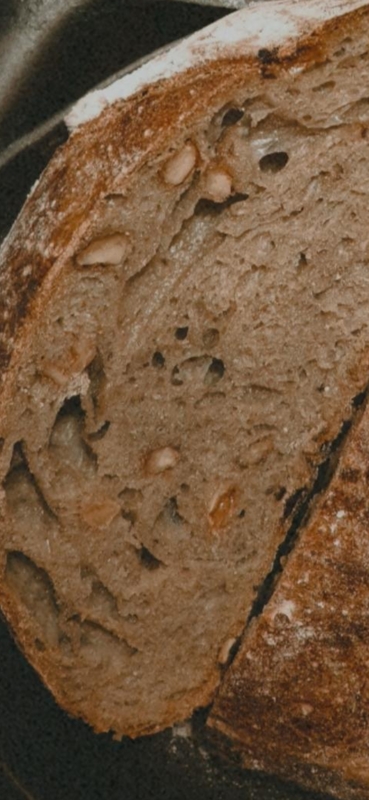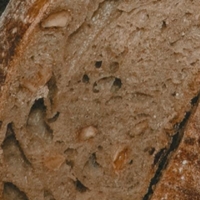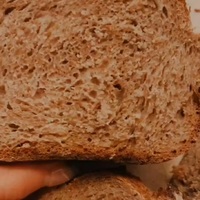A Slice of Medieval Life: An Exploration of Bread Making in the Middle Ages
Item
Title
A Slice of Medieval Life: An Exploration of Bread Making in the Middle Ages
Description
For this project, I baked two final loaves of bread. My first loaf was made in accordance with artisan recipes and baking techniques used in modern times, and my second loaf was based on medieval bread approaches. During the middle ages, bread was heavily legislated and each loaf a baker produced had to align with the bread assize laws. These laws take the weight, cost, quality of ingredients, a baker's staff, etc., all into account and dictate how bread should be made. These laws were taken seriously and there are numerous surviving records of workers being taken to court and tried for their crimes after not yielding acceptable baked goods. Needless to say, I tried my best to stay in alignment with these laws when making my medieval loaf. This looked like using dried yeast, whole wheat flour, minimal hydration, a large lass of ingredients, and a short fermentation period. In contrast, my modern-day loaf used a sourdough starter, predominantly white flour, a long fermentation, numerous folds and laminations, and a high water percentage. The differences between the two recipes yielded immensely different results in size, taste, density, texture, and smell. The medieval loaf took a decent amount of troubleshooting on my part before it was at all edible. Reflecting on my process, I believe this is partly due to my misunderstandings of historic fermentation periods as I came to the medieval recipes with my contemporary pre-existing understandings in mind, partly due to the significant lack of information about medieval bread in general. As I found out, there are currently no surviving medieval bread recipes and scholarly work on medieval bread is limited. Again, while this was my best attempt at creating a product reflective of the assize laws, it may not look identical to what would have been present in the middle ages.
Contributor
Rachel Oseida





